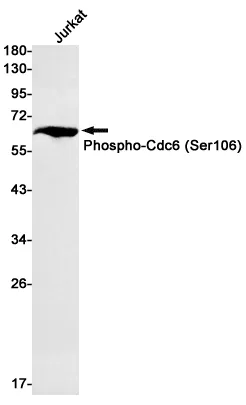Summary
Performance
Immunogen
Application
Background
Serine/threonine-protein kinase that acts on both serine and threonine residues and promotes apoptosis in response to stress stimuli and caspase activation. Mediates oxidative-stress-induced cell death by modulating phosphorylation of JNK1-JNK2 (MAPK8 and MAPK9), p38 (MAPK11, MAPK12, MAPK13 and MAPK14) during oxidative stress. Plays a role in a staurosporine-induced caspase-independent apoptotic pathway by regulating the nuclear translocation of AIFM1 and ENDOG and the DNase activity associated with ENDOG. Phosphorylates STK38L on 'Thr-442' and stimulates its kinase activity. In association with STK26 negatively regulates Golgi reorientation in polarized cell migration upon RHO activation (PubMed:27807006). Regulates also cellular migration with alteration of PTPN12 activity and PXN phosphorylation: phosphorylates PTPN12 and inhibits its activity and may regulate PXN phosphorylation through PTPN12. May act as a key regulator of axon regeneration in the optic nerve and radial nerve
Research Area
Neuroscience






